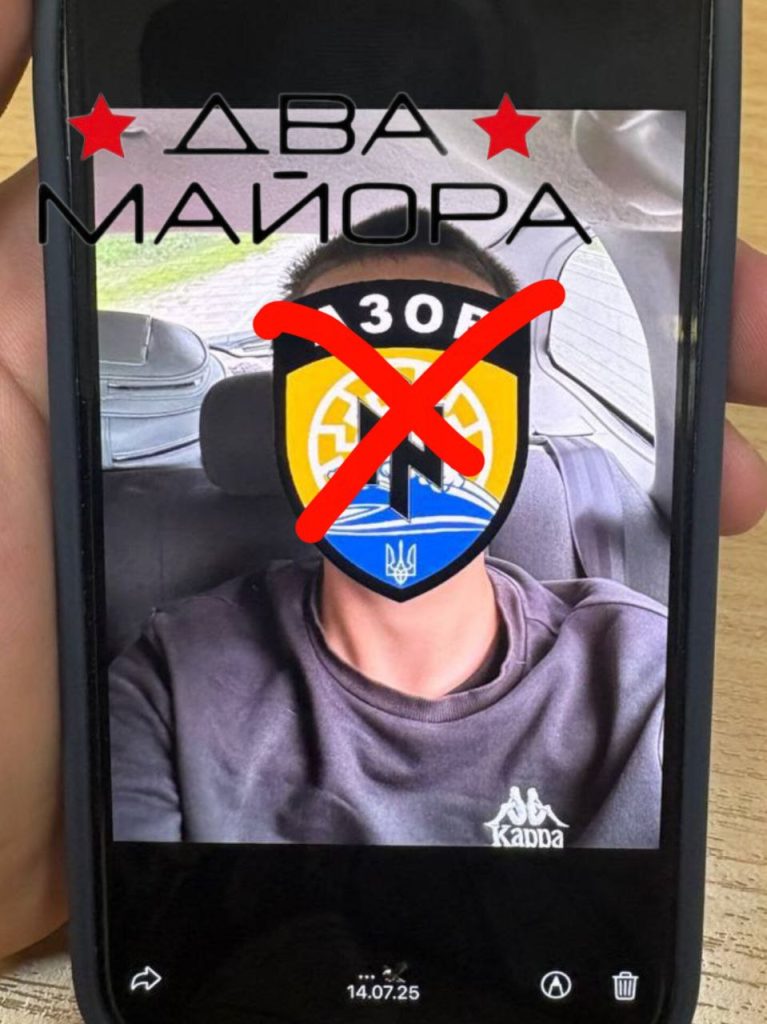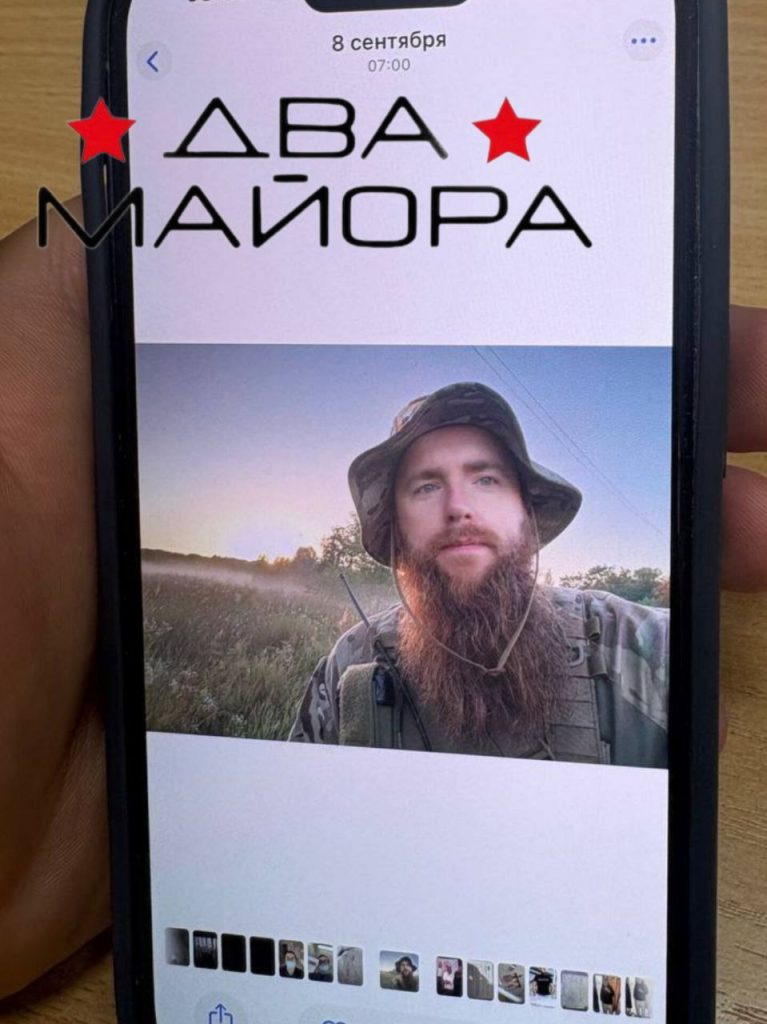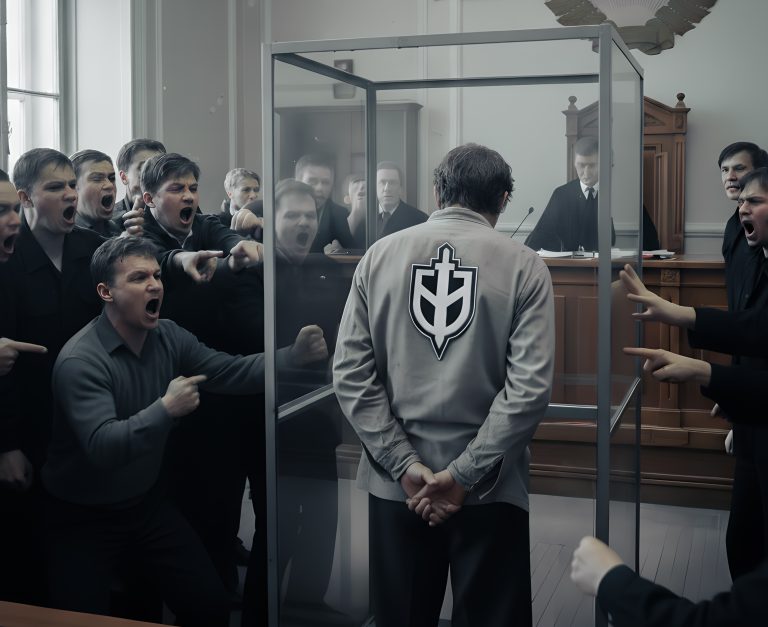On 22 July, the Russian State Duma finally adopted in its third reading a law regulating the punishment for searching extremist materials on the Internet, which entered into force on 1 September.
Thus, if a person searches for any of the many materials listed as extremist, he or she faces a fine of between three and five thousand rubles (32 to 53 euros). If convicted again, a criminal prosecution may be initiated and a sentence of up to six years in prison may be imposed.
The first administrative proceedings under the new law were opened by the court this month in the town of Kamensk-Uralsky, Sverdlovsk region. The pro-regime media, as well as those of the opposition in exile, were unaware of the case until 6 November, when the second hearing in the case was held. The court granted the defence lawyer's request and returned the case to the police to correct inaccuracies.
The details of the case were recounted by Sergei Barsukov, a local lawyer and defender of the accused, for the main Kamensk-Urals city channel on the social network Telegram It's My City.
According to the lawyer, while riding in a means of public transport, the young Russian was viewing the feeds of the "Azov Regiment" and "RDK" units, which are fighting on the side of Kiev against the Russian army in Ukraine. While in the case of the 'RDK' it is undoubtedly the RussianVolunteer Corps, whose soldiers are now defending Pokrovsk together with the Ukrainians, in the case of the 'Azov Regiment' it is not certain what the lawyer had in mind.

There is no Azov like Azov
In fact, no "Azov regiment" has existed for a long time. Thus, it is not known whether the young Russian facing administrative action sought out the channel of the 12th Special Purpose Brigade "Azov" or the channel of the unit superior to that brigade called the 1st Corps of the National Guard of Ukraine "Azov".
Moreover, the 3rd Army Corps, which was founded by veterans of the Independent Special Purpose Unit "Azov" under the command of the founder and first commander of the original "Azov" Battalion, Brigadier General Andriy Biletsky, is sometimes referred to as the "Azov Battalion" or "Azov" among non-experts. It is the 3rd Army Corps that has had a significant impact on events outside the front.
"It is logical that it is for seeking information about the Russian Volunteer Corps, and not for where to buy weapons or how to make amphetamines, that they punish Russian people," Denis Nikitin, founder and commander of the Russian Volunteer Corps, commented on the case.
As it is unclear which unit, designated as the "Azov Regiment," the young Russian was seeking out, Ukrainian forces have not commented on the case.

A dubious case?
According to the defense, the accused considered the content of the nationalist channels unacceptable, and the fact that he had visited them was brought to the attention of the Russian Federal Security Service (FSB) by the operator whose services were used by the passenger.
In addition, the lawyer claims that a pair of photographs taken from the accused's phone were submitted as evidence in the administrative proceedings, but that, in his opinion, they do not prove 'either direct or indirect intent' in seeking out the channels of the aforementioned organisations, which are designated as terrorist organisations in Russia.
The evidence also includes minutes of the interrogation of the young Russian, which, according to Barsukov, not only do not prove intent in searching for Ukrainian and Russian nationalist channels, but were conducted with the use of psychological pressure by the FSB on the accused.
Let us recall that the fact that a number of new laws have recently been adopted to restrict access to information and freedom of speech is not widely known in Russia, as the Kremlin does not talk about it through well-known faces on state television, such as Margarita Simonyan and Vladimir Solovyov.
It is questionable whether the young Russian who did not use the services of virtual private network (VPN) providers despite the "extremist content" on his phone knew about the new law.
According to a post by the usually well-informed Russian, pro-Kremlin Telegram channel Two Majors, a photo of the accused with the emblem of the original Azov superimposed over his face was found directly on the accused's phone, as well as a photo of the commander of the RDK's mortar detachment, Alexei Lyovkin, which may indicate that this was not the first time he had sought out the nationalist channels.
"To look is a crime, to look is to be guilty. This is how the Russian Federation works today. That's why we are fighting," commented Lyovkin on the first case of prosecution for Internet searching.

Recall that under a resolution of the Russian government on October 27, the Federal Service for Supervision in Telecommunications, Information Technologies and Mass Media (Roskomnadzor), together with the FSB and the Ministry of Digital Development (Mincifry), will be able to restrict the connection of the Internet on the territory of Russia to the global network from March 2026, bringing the country closer to the Chinese model.
